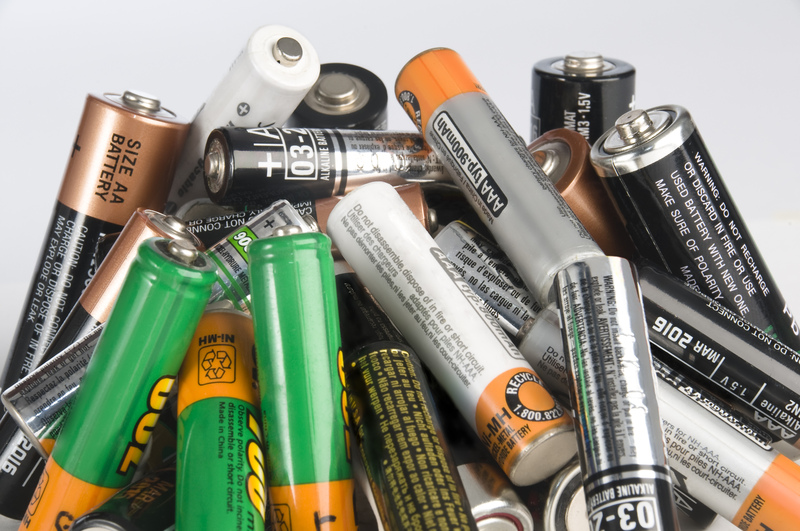In an era where technology evolves rapidly, electronic waste (e-waste) has become an escalating issue globally. The improper disposal of e-waste leads to environmental damage and health hazards. Recycling electronic waste is a crucial step towards sustainability, offering solutions to both environmental and economic challenges. This article explores the significance of e-waste recycling, its benefits, and the methods you can adopt to contribute to this valuable cause.
What is Electronic Waste?
Electronic waste comprises discarded electronic or electrical devices. This can include items such as computers, televisions, mobile phones, kitchen appliances, and much more. As new models and advanced gadgets emerge, older electronics are often discarded, sometimes improperly. This not only adds to landfill volume but also lets hazardous materials seep into the environment.
Types of Electronic Waste
- Small IT and telecommunication devices (smartphones, GPS).
- Large household appliances (refrigerators, washing machines).
- Consumer equipment (TVs, audio systems).
- Lighting equipment (LED, fluorescent lamps).
- Tools (drills, sewing machines).

The Environmental Impact of E-Waste
Environmental degradation caused by e-waste is substantial. Not recycling these wastes responsibly leads to the release of toxic substances such as lead, mercury, and cadmium into the environment. These pollutants can contaminate soil and water, posing severe health risks to humans and wildlife.
Impact on Soil and Water
When e-waste is discarded in landfills, the hazardous chemicals seep into the soil, disrupting its nutrient content and leading to poor plant growth. As rainwater percolates through this waste, it can carry potent chemicals to nearby water bodies, adversely affecting aquatic life and making water unsuitable for consumption.
The Benefits of Recycling Electronic Waste
Transitioning to recycling e-waste offers many environmental and economic advantages. Let's delve into some key benefits:
Environmental Conservation
- Reduced Pollution: Recycling minimizes the release of harmful chemicals into the environment, curbing pollution and preserving ecological balance.
- Resource Conservation: E-waste recycling involves recovering valuable materials like gold, silver, and copper, reducing the need for mining and preserving natural resources.
Economic Benefits
- Job Creation: The e-waste recycling industry can be a significant employment sector, from collection to processing and reselling recycled materials.
- Cost Efficiency: Using recycled materials in manufacturing can reduce production costs, benefiting both businesses and consumers.
How to Recycle Electronic Waste Effectively
Recycling electronic waste effectively requires understanding and adopting responsible practices. The following are some strategies and steps that can help:
Find Local E-Waste Recycling Services
Research and utilize local e-waste recycling centers or services that ensure appropriate processing and disposal of electronic items. Many communities offer periodic collection days specifically for electronic waste.
Manufacturer Take-Back Programs
Many manufacturers have established take-back programs where consumers can return used products at no cost. This encourages producers to engage in the recycling process and design products that are easier to recycle.
Donation: Repurpose Before Recycling
If your electronic devices are still functional, consider donating them to schools, non-profits, or friends in need. This extends the lifecycle of the product and curtails unnecessary waste generation.
Secure Data Before Disposal
Before disposing of any electronic device, make sure to wipe personal data to prevent identity theft. There are various software options available to ensure data is completely erased from your devices.

The Role of Policy and Technology
Governments and organizations play a pivotal role in steering e-waste management through stringent regulations and innovative technology solutions.
Government Regulations
Legislation can mandate proper e-waste disposal and recycling, holding manufacturers responsible for disposing of their products sustainably. Agency guidelines can help in implementing standardized practices for better management.
Technological Advancements
Emerging technologies in the recycling industry can efficiently extract valuable components from e-waste, reducing the environmental footprint and enhancing the recycling process.
Conclusion: Towards a Sustainable Future
Recycling electronic waste is an essential step towards achieving sustainability in our rapidly advancing technological world. By embracing responsible recycling practices and supporting policies that promote sustainable waste management, we can mitigate environmental harm and create economic opportunities. Every individual, business, and government entity plays a crucial role in ensuring that our electronic legacy does not cost us the earth. It's time we act collectively in preserving our planet's resources and commit to a more sustainable digital future.